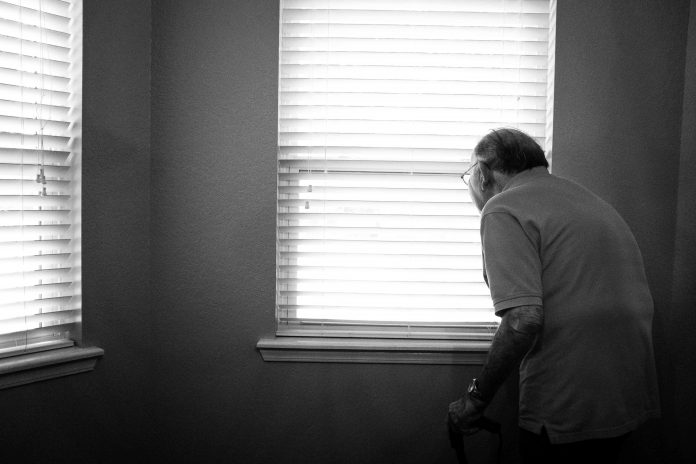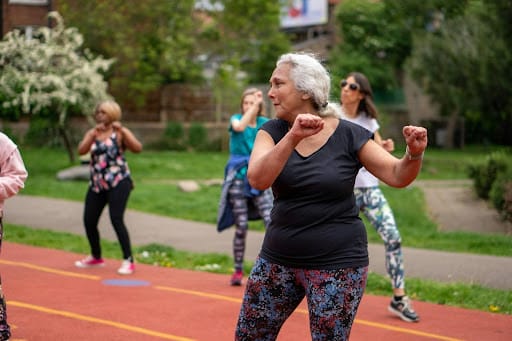Assessing cognitive function in a senior loved one is important but many doctors and healthcare providers who use routine evaluations end up making mistakes in their evaluations. Because their doctors don’t know them well, the results of a cognitive assessment could be different each time, if they were assessed several times a day. Many older adults find that their memory is not what is used to be. They forget names or words they are trying to recall. We are now learning that memory doesn’t work the way we thought it did. Information is not stored in the brain like we were originally told. We actually visualize words, pictures and faces to bring back what we learned before.
If you are interested in testing your own cognition or that of a loved one, there are free cognitive assessments online.
- SAGE. The Self-Administered Gerocognitive Exam is a basic test for cognitive function. There are 5 different versions of this test with 12 questions each. The questions are medical, personal and riddle type.
- Clock-Draw Test. Many seniors may already be familiar with this test since it is used in Canada to renew your driver’s license once you are 80 years of age. It’s quite simple. You are asked to draw a clock with the hands pointing to the correct time.
There are other online cognitive tests. Search “free cognitive assessments for older adults” and you should find some which are reliable.
Remember, we all forget things at times so as we get older, forgetting a name or phrase is quite normal. Loved ones tend to see dementia in every slip of the tongue or forgotten name. In some cases, forgetfulness is due to multi-tasking and having too many things on your plate at once.
On the other hand, don’t ignore real dangers in a loved one, such as depression or confusion. To address the underlying problem in both cases a medical checkup is needed immediately. Dementia most often shows up as an inability to make proper decisions, directional problems and mood changes. Don’t confuse normal aging with something much more serious.
























